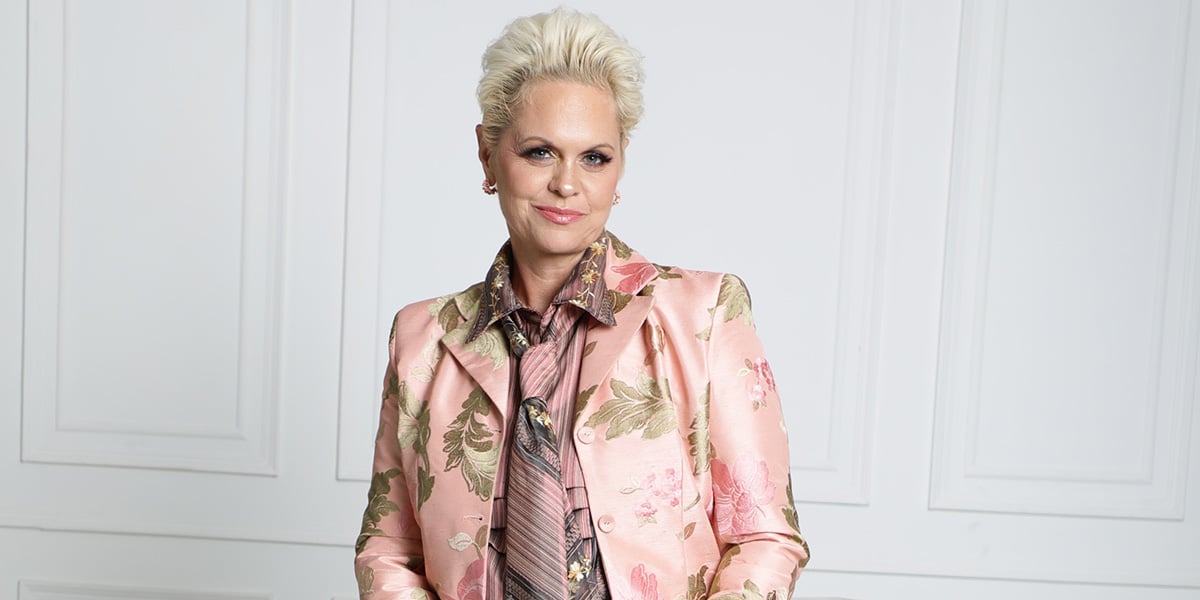In the realm of leadership, a profound shift is taking place, one that is reshaping organizations, industries, and societies as a whole. This transformation is being driven by feminine leadership; a style of leadership that draws on qualities traditionally associated with women. While it is essential to recognize that leadership qualities are not inherently gendered, this article brings together women from across the globe and various backgrounds to shed light on how women are championing a more holistic and inclusive approach to leadership that benefits everyone.
The Evolution of Leadership
For centuries, leadership has predominantly been characterized by traits that are often associated with masculinity, such as assertiveness, competitiveness, and dominance. While these traits are undeniably valuable in certain contexts, they have led to a one-dimensional view of leadership that fails to tap into the full spectrum of human potential.
“Successful leaders are often times seen as those who have a louder presence. This is certainly the case in the tech industry where women are vastly underrepresented and so those who work in this space tend to try to conform to a more masculine definition of leadership. This tendency can be dangerous as it can lead to inauthentic and unidimensional leadership,” says Reena Merchant, User Experience Director at Google. “Slowly we are seeing a more well-rounded approach to leadership as more women take on executive roles bringing their feminine power and intuition to the table.”
Feminine leadership challenges the limited perspective of singularly masculine leadership by emphasizing qualities that are often associated with femininity, such as empathy, collaboration, and emotional intelligence. It recognizes that effective leadership is not about being “more” or “less” masculine or feminine but about integrating both sets of qualities to create a well-rounded and adaptable leadership style.
Empathy and Connection

Photo Credit To: Crystal Jackson
One of the hallmarks of feminine leadership is the capacity for deep empathy and connection. Women, on average, tend to be more attuned to the emotions and needs of others. This quality allows female leaders to foster more inclusive and supportive environments within their organizations.
“With this shift, we are seeing the values in what constitutes good leadership changing as the expectations of people are evolving,” says Crystal Jackson, one of the co-founders of Elevate Co & owner of Crystal Jackson- Intuitive Business Synergist. “No longer is the dictatorship, hustle hard, macho type of leadership ideal. We are coming to a place where the collective wants a leader who understands and inspires them into action. Women being able to empathize and connect with their audience are able to see more clearly the root of the issues that need solving.”
Empathy enables leaders to understand their team members on a personal level, leading to stronger relationships, increased trust, and enhanced teamwork. It also encourages a more compassionate and understanding approach to problem-solving and conflict resolution. In a world filled with complex challenges, these qualities are invaluable.
Collaboration and Inclusivity
Feminine leadership promotes collaboration and inclusivity. Women often excel at bringing diverse voices to the table, valuing each person’s unique perspective, and facilitating open dialogue. In doing so, they create an atmosphere where innovation and creativity can flourish.
“I believe that the feminine essence of women, through collaboration, connectedness, and a higher level of fostering success for all people involved, create team environments that yield a more profound, richer, more cohesive experience of success,” shares Lady JB Owen, Founder and CEO of Ignite Publishing, JBO Global Inc, and Ignite Moments Media. “With this kind of leadership, success can become far more long-term than just the kind that has been money or transaction focused.”
Inclusive leadership is not only a moral imperative but also a strategic advantage. Studies have consistently shown that diverse teams outperform homogeneous ones. By embracing inclusivity, feminine leaders drive their organizations towards greater success, resilience, and adaptability.
Feminine leadership is not about women surpassing men in leadership roles; it’s about recognizing that the most effective leaders draw upon a diverse range of qualities, regardless of gender. Women, who have often been marginalized in leadership positions, are pioneering a transformation in the leadership landscape.
“Women are finally taking up space in the arena of leadership. They are following their intuition and inner voice over their fear of going against any social or cultural norms,” state the founders of Made Hot STHLM AB, Alicia Berg and Anna Nowak. “Women are powerful agents for change. We need to stop questioning our abilities and really believe in our own powers! We can do it all and we’re good at it.”
As feminine leadership continues to gain recognition and prominence, it offers a promising vision for the future of leadership—one that brings us closer to a world where leadership is truly inclusive, diverse, and reflective of the rich tapestry of human qualities and experiences.












